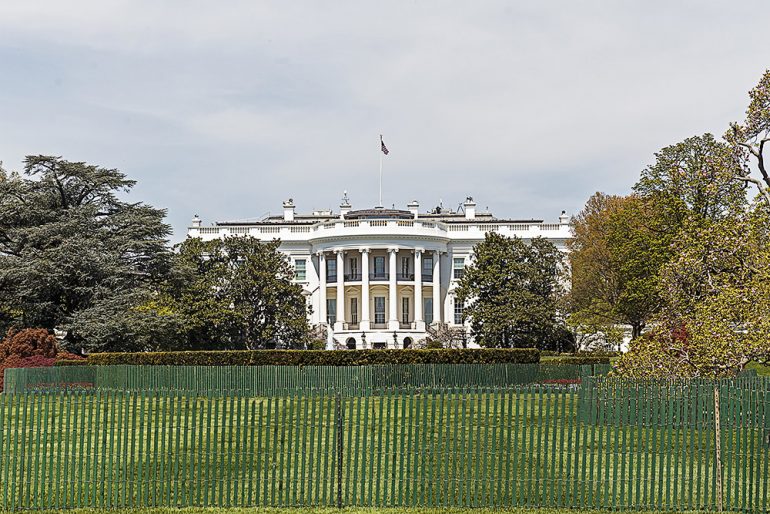WASHINGTON – Several Democratic senators sparred with representatives of the Trump administration Wednesday over recent agreements to divert asylum seekers to Honduras, El Salvador and Guatemala.
The senators objected in a foreign relations committee meeting that the administration has not shared with Congress the agreements with the three countries. The lawmakers also criticized the “safe third country” initiatives, given the violence and other dangers in the three nations.
“There is no justification for withholding this information from Congress and from the American people, other than this administration does not want the public to know what it’s doing in the name of the United States,” said Sen. Bob Menendez of New Jersey, the ranking Democrat on the Senate Foreign Relations Committee.
President Donald Trump entered a “Safe Third Country” agreement in July with Guatemala, with El Salvador last Friday, and with Honduras on Wednesday, the same day at the hearing.
The chairman of the panel, Sen. James Risch, R-Idaho, praised the administration’s efforts.
“I find your testimony completely rational, and I think you’re excellent spokespersons for what’s happening there,” he told representatives of the State department. “I want to express appreciation of the committee, of the American people, for what you do under very difficult circumstances for a most tragic situation…and I know you’re working in good faith to do that.”
The United States previously had a similar agreement with only one other country — Canada. That pact, which took effect in 2002, permits those seeking asylum in the United States to be diverted temporarily to Canada.
“Those provisions are designed for something like Canada, not a situation of this extraordinary danger, sending people without resources,” said Sen. Jeff Merkley, D-Oregon.
Under the Central America agreements, people seeking asylum in the United States instead could be sent to Guatemala, Honduras and El Salvador, even if they are not natives of those countries. The three nations have some of the highest homicide rates in the world.
“This must be the Trump administration’s twisted attempt at a joke,” Menendez said.
Merkley and Sen. Tim Kaine, D-Virginia, asked Michael Kozak, acting assistant secretary of state for Western hemisphere affairs, if he believed the three countries are safe.
Kozak said he has friends who live in Guatemala and felt the countries are safe in regard to “the individual would not be persecuted (because of) his political opinion, race, religion, and so on.”
However, Acting Homeland Security Secretary Kevin McAleenan, told the same committee on Monday that the agency was working to expand protections for asylum seekers because they were being targeted for political views or other reasons.
“In place at the border, we are working to build capacity to extend asylum protections in partner countries in the region, and ensure that those who need protections from persecution for political, racial, religious, or social group membership can seek them as close to home as possible,” McAleenan said.
When prompted by Menendez, Kirsten Madison, assistant secretary of state for international narcotics and law enforcement affairs, confirmed that the president cut $90 million in funding for programs she said she believes to have been effective in Central America, such as improving police forces, preventing gang recruitment and fighting child sex trafficking,
Madison said the administration is focused on cracking down on drug traffickers and organized crime in Central America, and that the programs Menendez mentioned were not producing enough progress.
“So you’re saying that the only reason we did these programs was, in fact, to stop migration to the Southern border?” he asked. “You’re trying to conflate something, and I’m just not going to permit you to conflate it.”
She said that cutting the funding is supposed to “send a message” to the Central American countries.
Menendez responded that the United States still provides millions of dollars in funding to notoriously corrupt countries, such as Afghanistan.
No representative from DHS was present at Wednesday’s hearing, as Menendez pointed out, saying it was “no surprise.”
“The administration’s foreign policy decisions…appear to be intentionally aimed at fueling regional instability, and deliberately designed to leave people in harm’s way,” he said.

